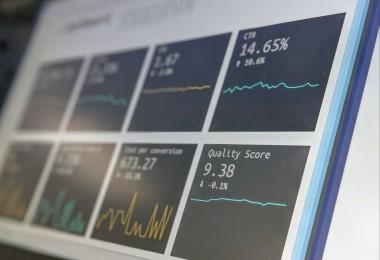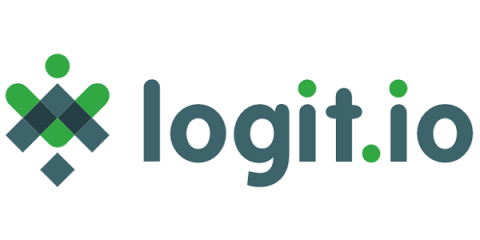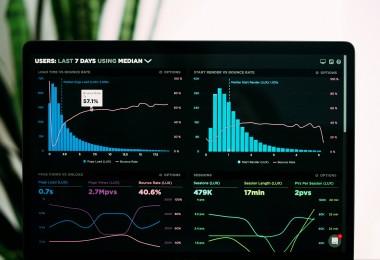Top Tips for Querying OpenSearch
OpenSearch allows you to store a sizeable amount of data, commonly logs, metrics, and documents. You access useful data within OpenSearch by querying to get specific information, deep analysis, and insights for decision-making. With OpenSearch, you can perform complex searches by using natural language, Boolean operators, and filters to pinpoint relevant information efficiently.









